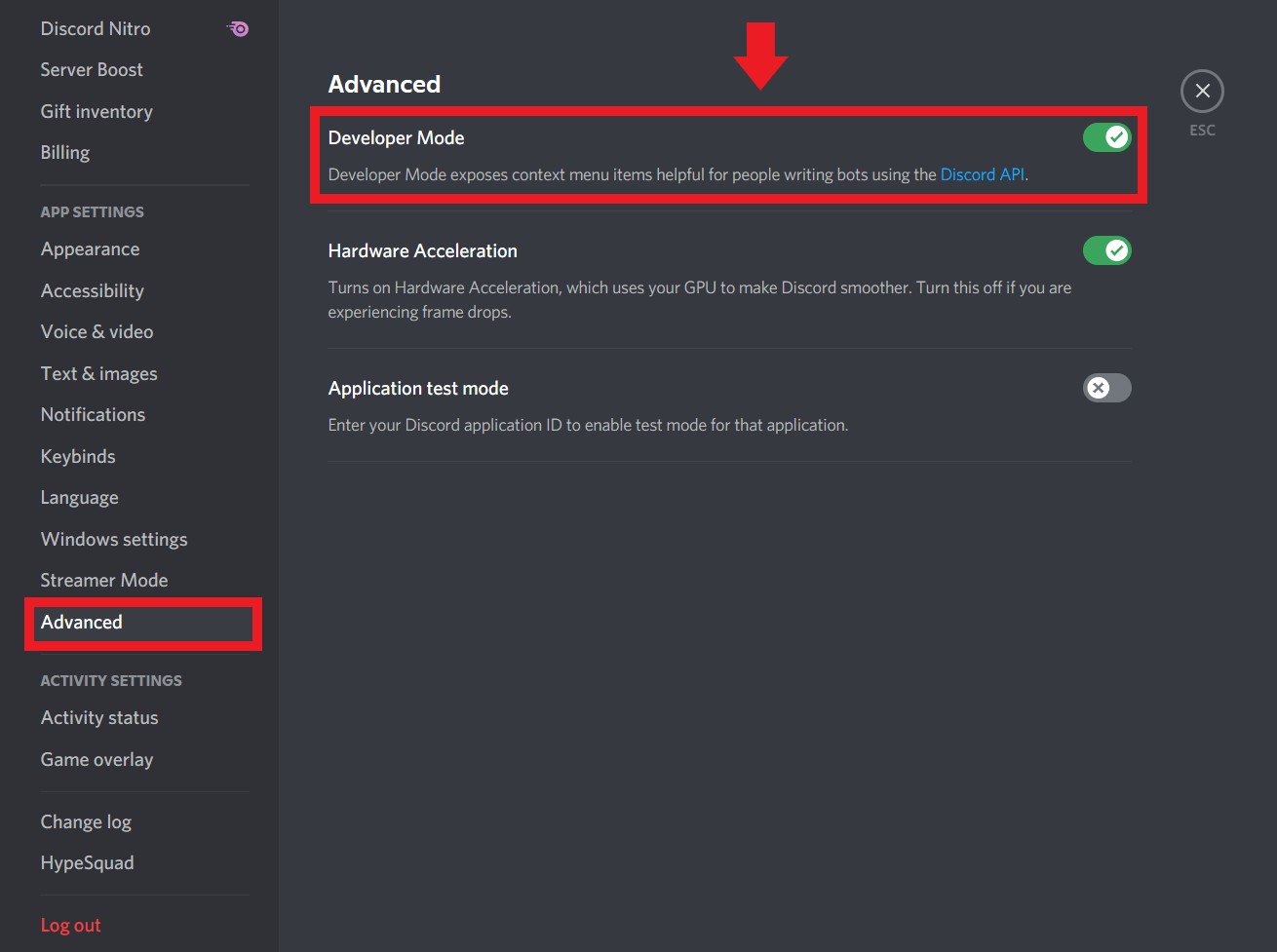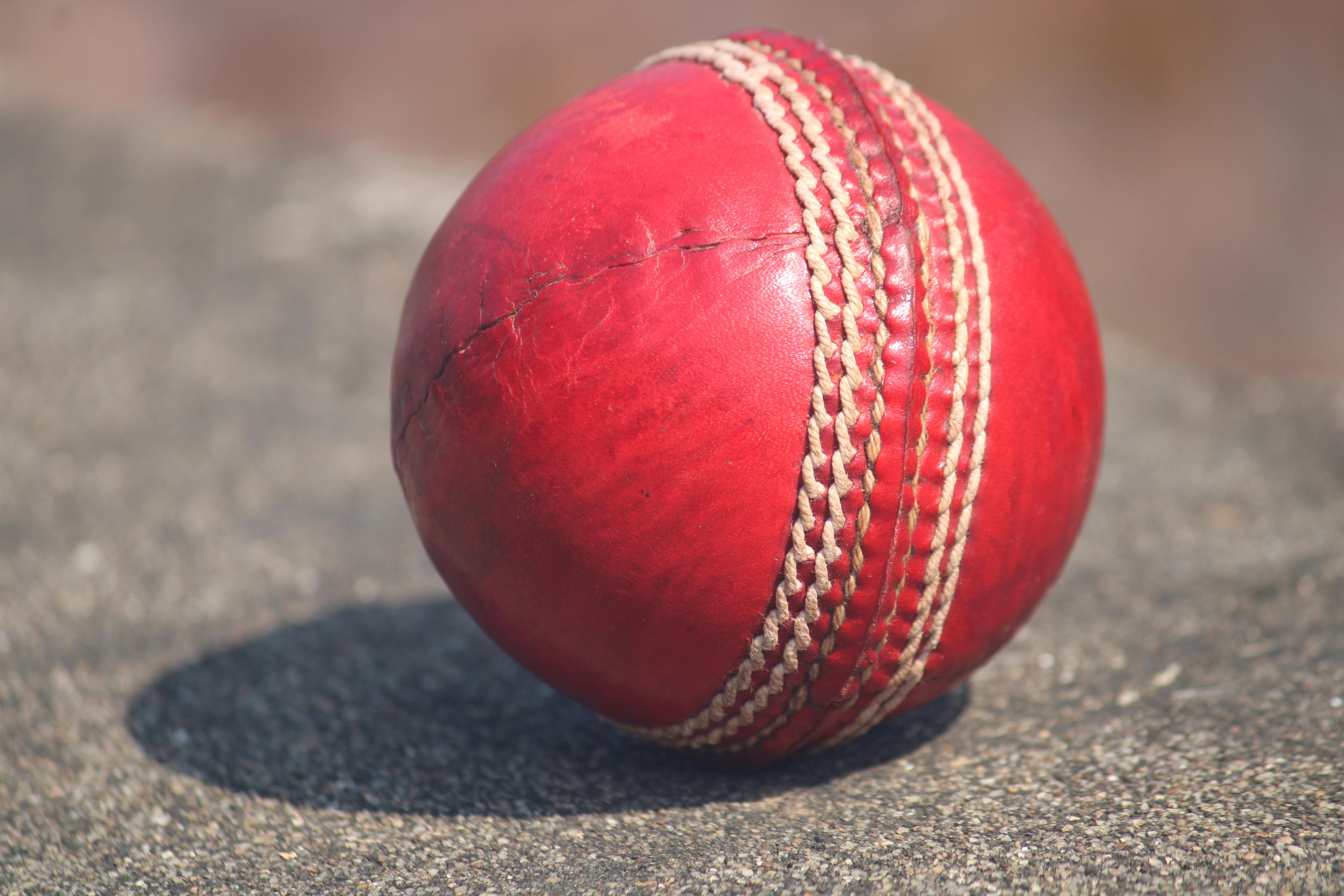Apply Now
Understanding Salivary Gland Health and Function
Salivary glands play an essential role in oral health and digestion. These glands produce saliva, which contains enzymes that aid in breaking down food and protecting the mouth from infections. However, issues such as salivary gland blockage can disrupt their function, leading to discomfort and complications. In 2025, knowledge about the causes and symptoms of salivary gland blockage has become more crucial, as many seek natural remedies alongside medical treatments.
Understanding how to treat a blocked salivary gland naturally can not only provide relief but also enhance overall salivary health. Factors such as hydration, diet, and routine oral hygiene practices contribute significantly to maintaining the function of these vital glands. This article aims to highlight common causes and symptoms of salivary gland blockages, provide effective home remedies, and outline viable medical treatment options available.
As we explore this topic, we will also discuss salivary stone removal and essential tips to prevent future blockages. Ultimately, understanding salivary gland health will empower individuals to make informed decisions about their oral care.
Causes of Salivary Gland Blockage
Identifying the causes of salivary gland blockage can help in understanding how to prevent and treat conditions that impair salivary function. Salivary gland blockages may arise due to various factors, including stones forming in the salivary glands, infections, inflammation, and other underlying conditions.
One of the most common causes is sialolithiasis, where mineral deposits form stones in the salivary glands, often leading to significant discomfort. Dehydration can increase the risk of stones forming, as lower saliva production leads to insufficient flushing of these glands. Furthermore, conditions such as Sjögren's syndrome, an autoimmune disorder, can lead to chronic salivary gland dysfunction and inflammation.
Infections can also trigger blockages, where bacteria or viruses lead to inflammation and swelling of the glands. Additionally, poor oral hygiene or certain medications can negatively affect salivary output, further complicating gland function. Recognizing these underlying causes is the first step towards effective treatment.
Common Symptoms of Blocked Salivary Glands
The symptoms of blocked salivary glands can vary, but there are several common signs that individuals should be aware of. One of the hallmark symptoms is swelling or tenderness in the area of the affected gland, typically noted around the jaw or neck. People may also experience pain while eating, as the effort to produce saliva can exacerbate the blockage.
Dry mouth, known as xerostomia, can occur due to reduced saliva production, leading to complications such as difficulty swallowing and enhanced risk of dental problems. In some instances, individuals may notice a foul taste or odor in the mouth, indicative of an infection or stagnant saliva. Other symptoms might include fever, chills, and persistent pain within the mouth or jaw, especially if an infection is present.
Monitoring these symptoms is crucial, as early detection and intervention can prevent further complications associated with salivary gland blockages. Should any of these symptoms arise, it is advisable to seek medical evaluation or consultation with an ENT specialist.
Natural Remedies for Salivary Gland Blockage
For those seeking to unblock salivary glands naturally, several effective home remedies can be employed. One widely recommended method is staying hydrated. Drinking ample amounts of water encourages salivary flow and helps prevent blockage. Additionally, consuming foods high in water content, such as cucumbers and oranges, can enhance saliva production.
Warm compresses are also effective; applying a warm cloth to the affected area can reduce swelling and alleviate pain. Moreover, practicing salivary gland massage techniques can promote drainage. Gently massaging the swollen gland using upward strokes can encourage the movement of saliva and assist in relieving blockages.
Incorporating sour foods like lemons or utilizing sour candies can stimulate saliva production as well. Another simple yet effective remedy is rinsing the mouth with a saltwater solution to reduce inflammation and keep the mouth moist. By implementing these natural remedies, individuals can often find relief from symptoms and improve their salivary gland health.
Medical Treatments for Salivary Gland Blockage
In cases where natural remedies do not provide adequate relief, medical treatment for salivary gland blockage may be necessary. A healthcare provider may recommend various approaches depending on the severity of the condition.
One common medical treatment option includes the use of antibiotics to address any infections resulting from blockages. If a salivary stone is identified, specific procedures, such as sialendoscopy, can be performed. This minimally invasive technique allows doctors to view and remove stones from the salivary ducts.
In more severe cases of blockage, surgical options may need to be considered. Surgical excision may be required to remove obstructions that do not resolve through non-invasive measures. It's essential to maintain communication with healthcare providers regarding the need for ongoing care and follow-up appointments.
Education about proper oral hygiene, dietary adjustments for salivary health, and understanding the early signs of blockages can significantly improve outcomes for those at risk for salivary gland problems.
Hydration and Its Role in Salivary Health
Maintaining proper hydration is pivotal to the health of salivary glands. Inadequate fluid intake can lead to dry mouth conditions, increasing the risk of salivary gland blockage and other related disorders. Drinking water regularly helps maintain optimal salivary flow, ensuring that the salivary glands function efficiently.
Incorporating oral hydration solutions can also assist individuals who struggle to maintain fluid levels. Consuming hydrating foods, such as fruits and vegetables, not only contributes to overall hydration but also enhances saliva production. Research has shown that a diet rich in moisture can prevent complications associated with dry mouth and salivary dysfunction.
It is beneficial to avoid caffeinated and alcoholic beverages, as these can lead to dehydration and exacerbate salivary gland problems. Opting for herbal teas and water is advisable. Encouraging family members or co-workers to engage in hydration-friendly behaviors can create a supportive environment for maintaining salivary health.
In summary, understanding the link between hydration and salivary gland functionality can empower individuals to make informed decisions regarding their oral health routines and lifestyle changes.
Importance of Regular Dental Visits
In light of the numerous factors affecting salivary gland health, regular dental visits become imperative for maintaining overall oral hygiene and detecting potential issues early on. Dentists play a vital role in identifying symptoms of salivary gland disorders, including signs of inflammation, infections, and blockages.
During check-ups, oral health professionals can offer tailored advice on how to improve salivary function, including dietary modifications and hydration tips. They can also monitor changes in saliva production over time, addressing any concerns promptly. Moreover, dental hygienists can assist with cleaning and maintenance of oral structures, which helps promote healthy salivary flow.
Seeking professional consultation for persistent salivary issues is crucial; this may involve exploring home remedies or engaging in medical discussions regarding potential treatments. Overall, being proactive in seeking dental care can greatly mitigate the risk of complications associated with blocked salivary glands.
Conclusion
The health of salivary glands significantly impacts overall well-being and quality of life. Understanding the causes and symptoms of salivary gland blockage, combined with effective remedies—both natural and medical—can empower individuals to maintain optimal oral health. By prioritizing hydration, practicing proper oral hygiene, and engaging in regular dental visits, individuals can alleviate discomfort and prevent future occurrences of blockage.
With the right knowledge and resources at hand, managing salivary gland health is achievable, fostering a healthier and happier lifestyle. 
FAQ: Common Questions about Salivary Gland Blockage
What are the signs of a blocked salivary gland?
Symptoms commonly include swelling, tenderness, pain while eating, dry mouth, and sometimes fever if infection is present.
How can I naturally stimulate saliva production?
Sour foods, hydration, and regular chewing can naturally enhance saliva production. Incorporating lemon water or sour candies can be beneficial.
When should I see a doctor for salivary gland issues?
If symptoms persist over a few days, worsen, or if there's significant pain, consulting an ENT specialist is recommended to seek appropriate treatment.
Can dehydration cause salivary gland blockage?
Yes, dehydration significantly lowers saliva production, predisposing individuals to blockages and infections. Proper hydration is key in preventing these issues.
What are the treatment options for salivary stones?
Salivary stones may require a medical approach, including sialendoscopy to remove stones or, in some cases, surgical options. Antibiotics may be indicated for any associated infection.



